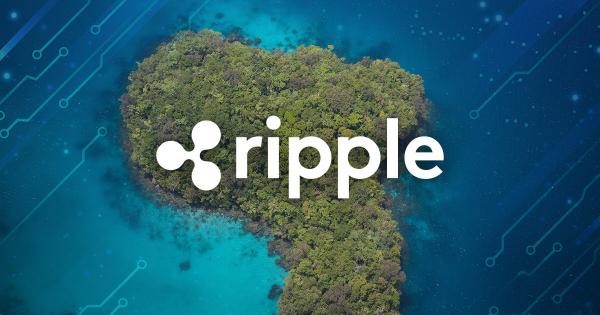Digital payment network Ripple has partnered with the Republic of Palau to develop its own digital currency.
Like El Salvador, the country does not have its own fiat currency or even a Central Bank. Its legal tender, instead, is the U.S. dollar. The partnership with Ripple will focus on developing a USD-backed digital currency, more like a stablecoin rather than a central bank digital currency (CBDC). This currency would help facilitate cross-border payments for the nation.
According to a Tuesday announcement by Ripple, the partnership will focus on developing strategies for cross-border payments. The implementation of this plan means that Palau would have the world’s first government-backed national stablecoin.
Ripple plans to implement the national stablecoin in the first half of 2022. And also provide Palau with technical, business, design, and policy support.
Palau’s President Surangel Whipps Jr. expressed pleasure about the partnership with Ripple to advance financial innovation and technology in the country. He also acknowledges the potential of blockchain technology in transforming the country’s economy.
“The first phase of the partnership will focus on a cross-border payments strategy and exploring options to create a national digital currency, providing the citizens of Palau with greater financial access.”
Palau chose to create its digital currency on XRP Ledger (XRPL) as an alternative to central bank digital currencies (CBDCs). Being carbon-neutral and 120,000x more energy-efficient than proof-of-work blockchains is an added advantage.
Additionally, the XRPL provides other benefits like scalability, speed, and low cost.


